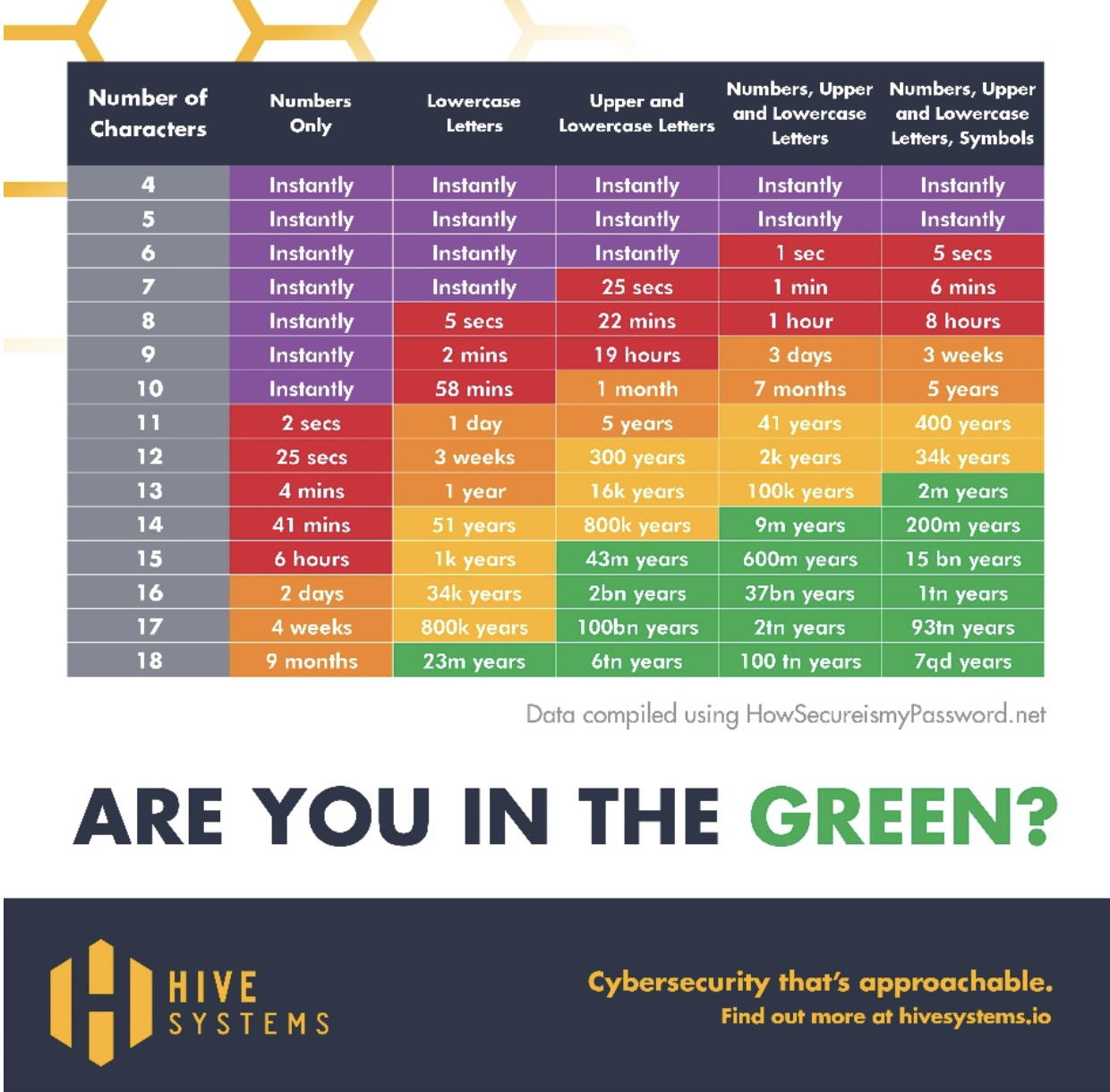Hi Everyone,
Just got attacked via WiFi just a few weeks ago. Lasted a few weeks because I was being a dimwit.
The first clue I got was that I was unable to each F-Secure.com and nordvpn.com. I subscribe to Nord. And all their servers lie within their .com address space. So I can't even use my vpn.
I know that most man in the middle attacks (mitm) are local. But somehow I managed to forget that. Finally woke up and decided to nmap my network. Lo and behold there is a foreign machine in my LAN. I don't use WiFi, prefer Ethernet, but left both 2.4Ghz and 5Ghz turned on., I knew WiFi allows beyond the perimeter attacks and I had both WPA2 passwords set to long gibberish typing. But I forgot although the passwords are long ( > 20 chars ) they are still brute force-able, it just takes a long time. And looking around on the net, I found fern (Fern Pro | Penetration Testing) which does brute forcing and mitm. There are surely plenty more tools.
I live in a crowded city in a dense apartment complex. Now my WiFi is disabled at the router. No more blocked sites.
Just got attacked via WiFi just a few weeks ago. Lasted a few weeks because I was being a dimwit.
The first clue I got was that I was unable to each F-Secure.com and nordvpn.com. I subscribe to Nord. And all their servers lie within their .com address space. So I can't even use my vpn.
I know that most man in the middle attacks (mitm) are local. But somehow I managed to forget that. Finally woke up and decided to nmap my network. Lo and behold there is a foreign machine in my LAN. I don't use WiFi, prefer Ethernet, but left both 2.4Ghz and 5Ghz turned on., I knew WiFi allows beyond the perimeter attacks and I had both WPA2 passwords set to long gibberish typing. But I forgot although the passwords are long ( > 20 chars ) they are still brute force-able, it just takes a long time. And looking around on the net, I found fern (Fern Pro | Penetration Testing) which does brute forcing and mitm. There are surely plenty more tools.
I live in a crowded city in a dense apartment complex. Now my WiFi is disabled at the router. No more blocked sites.
Last edited:





